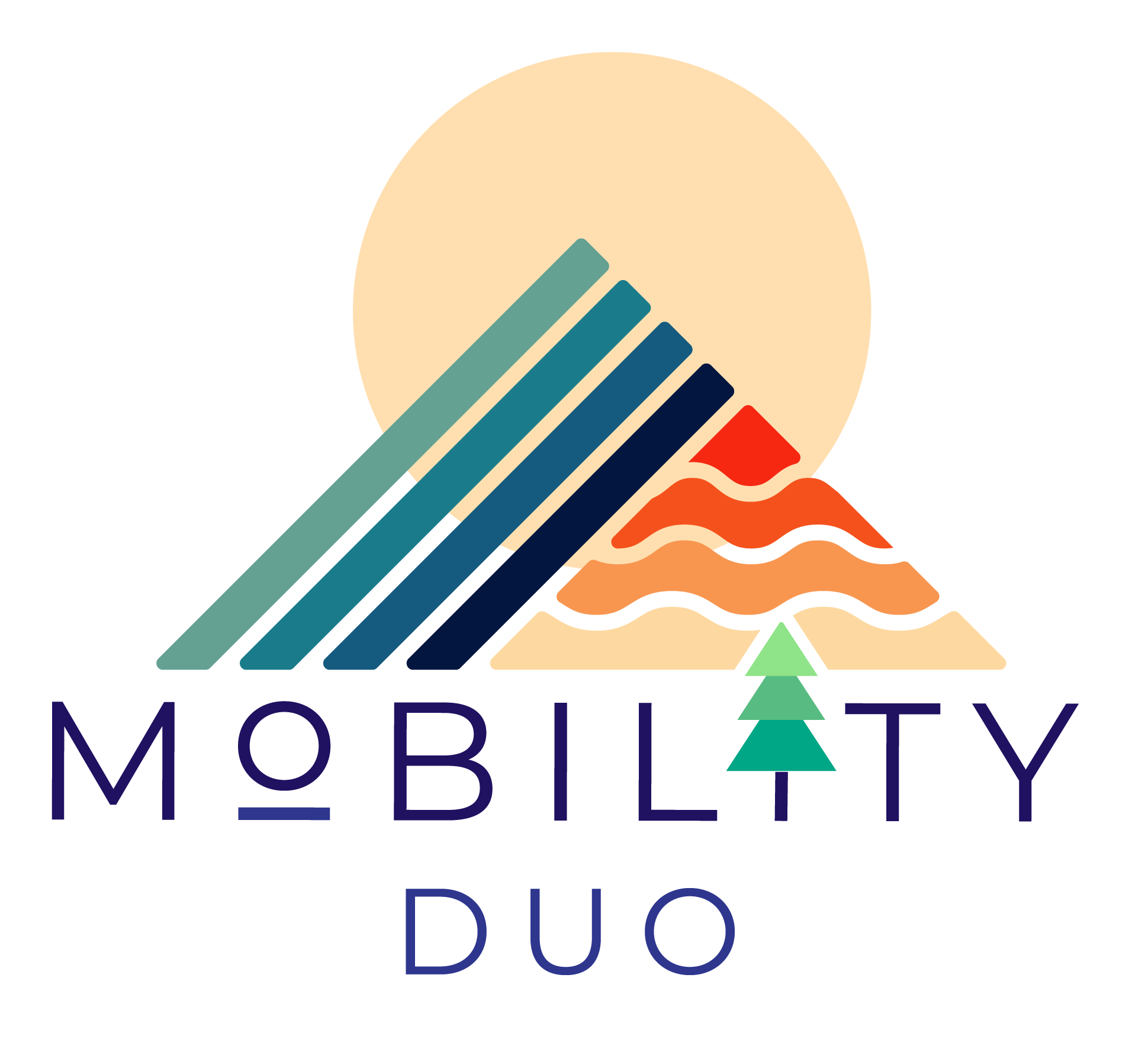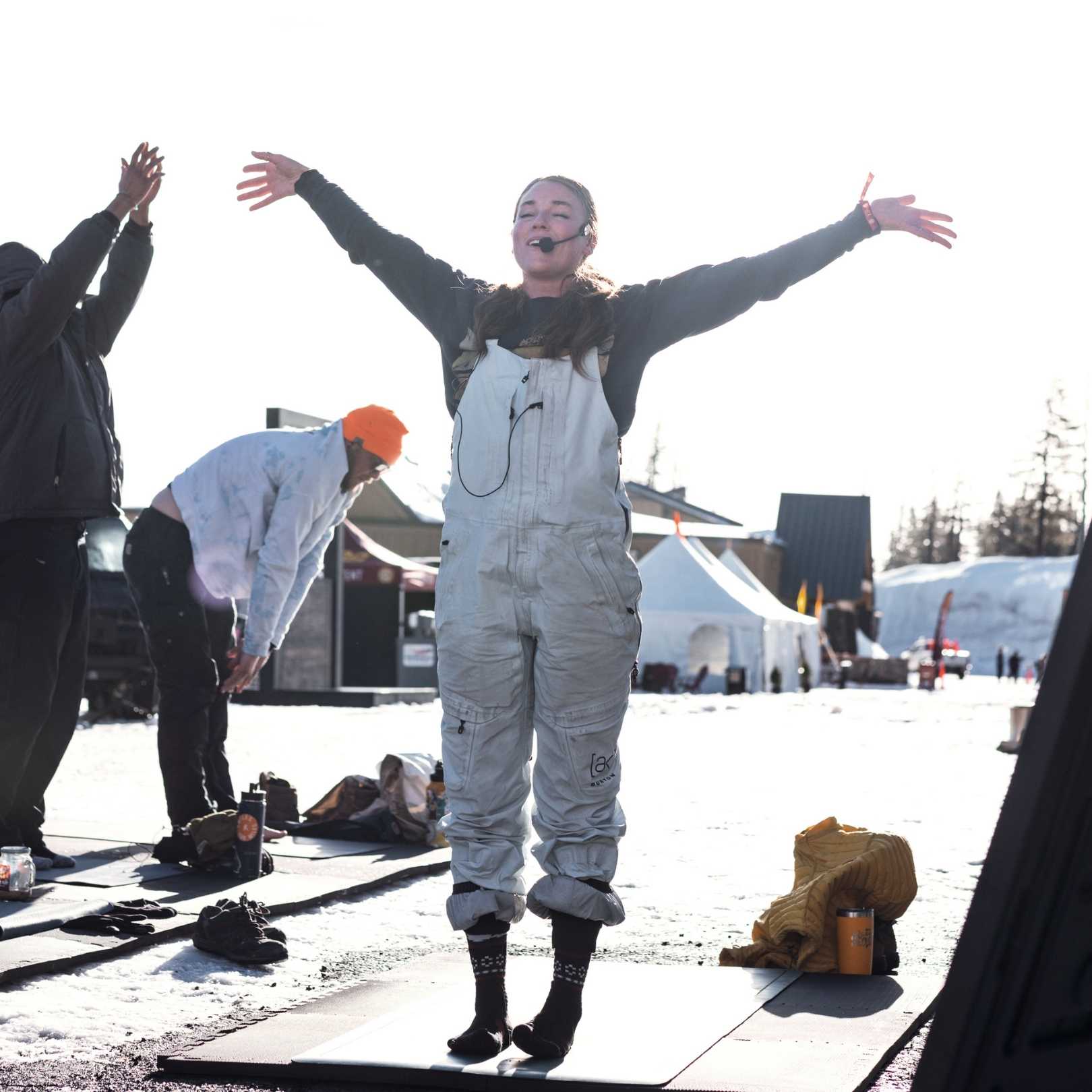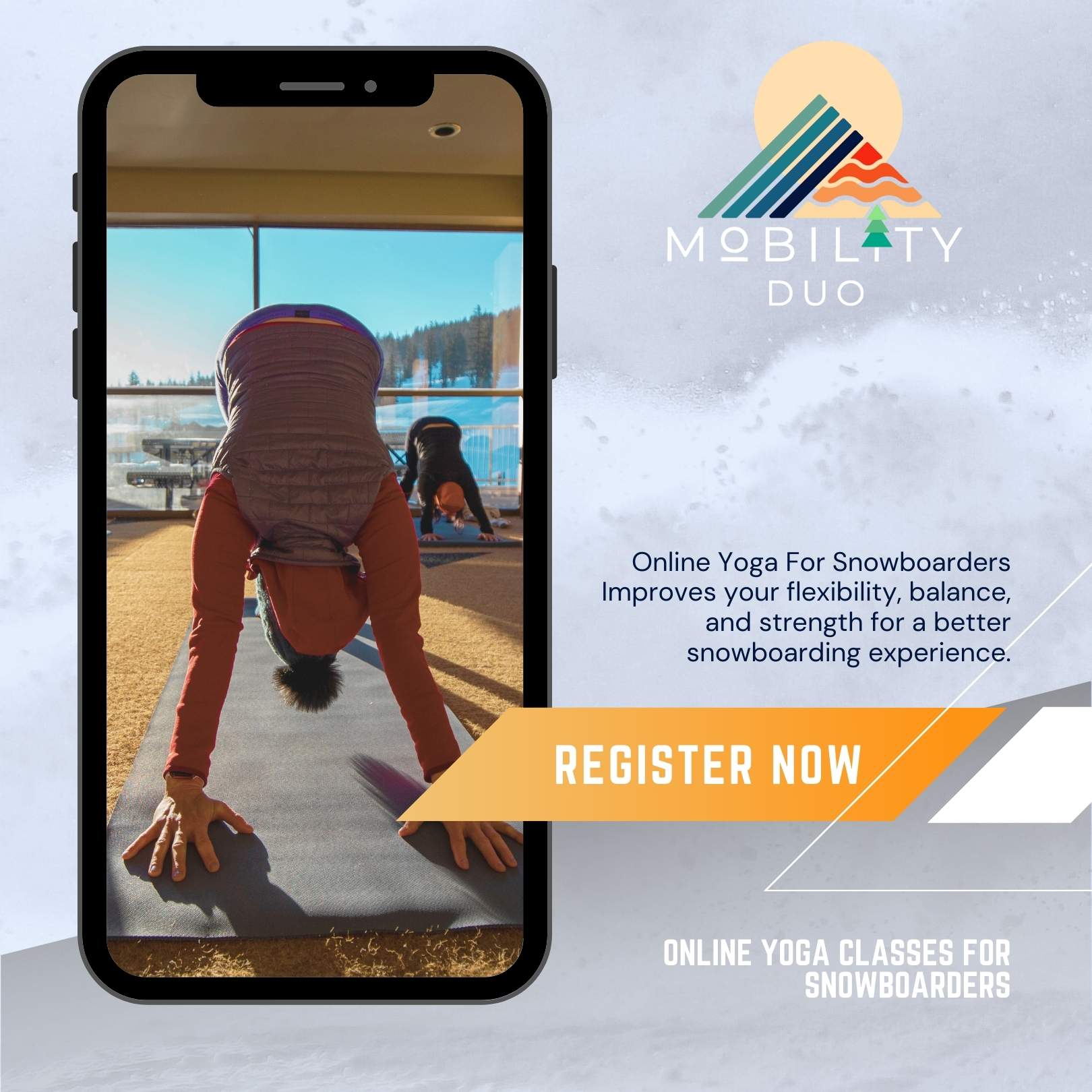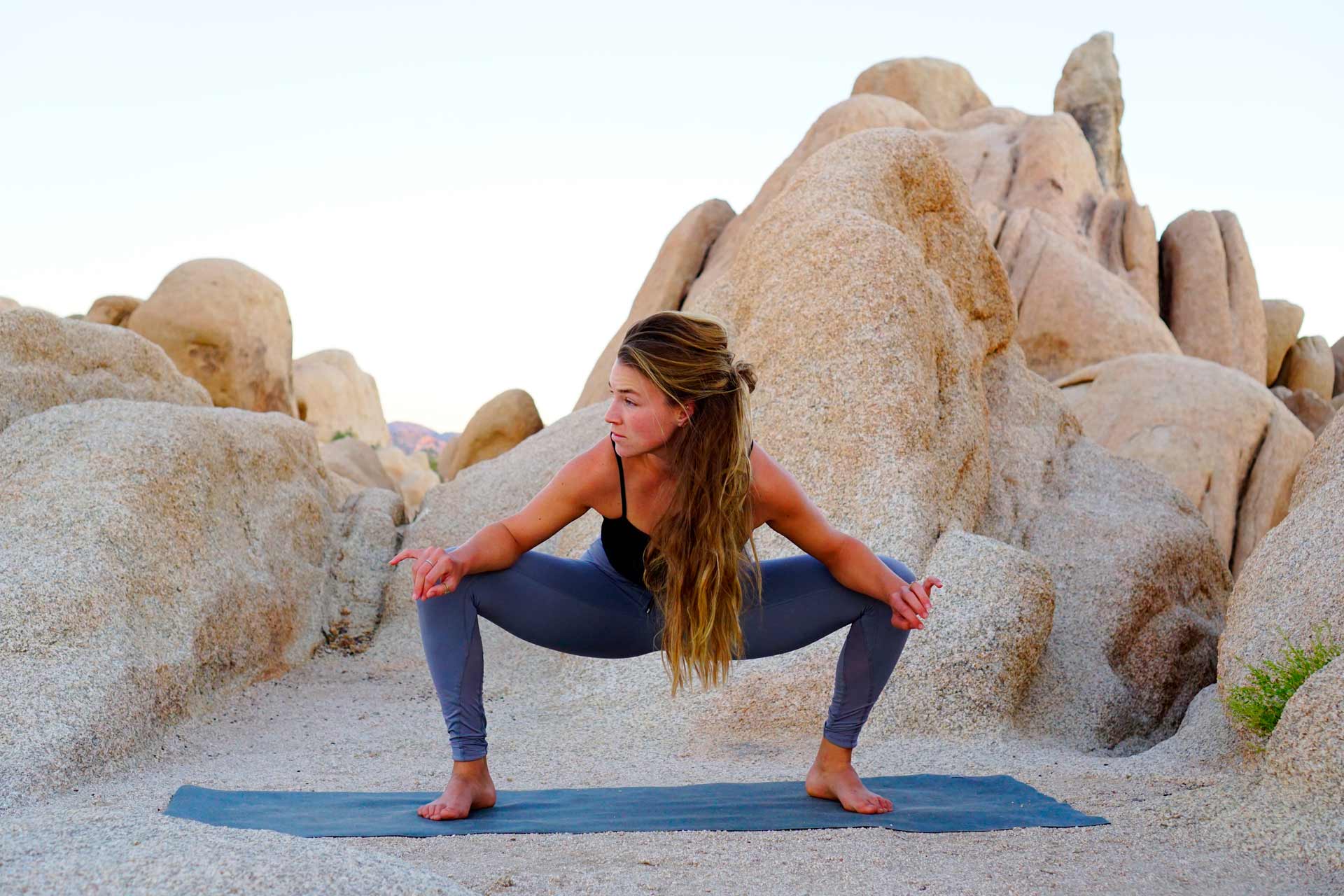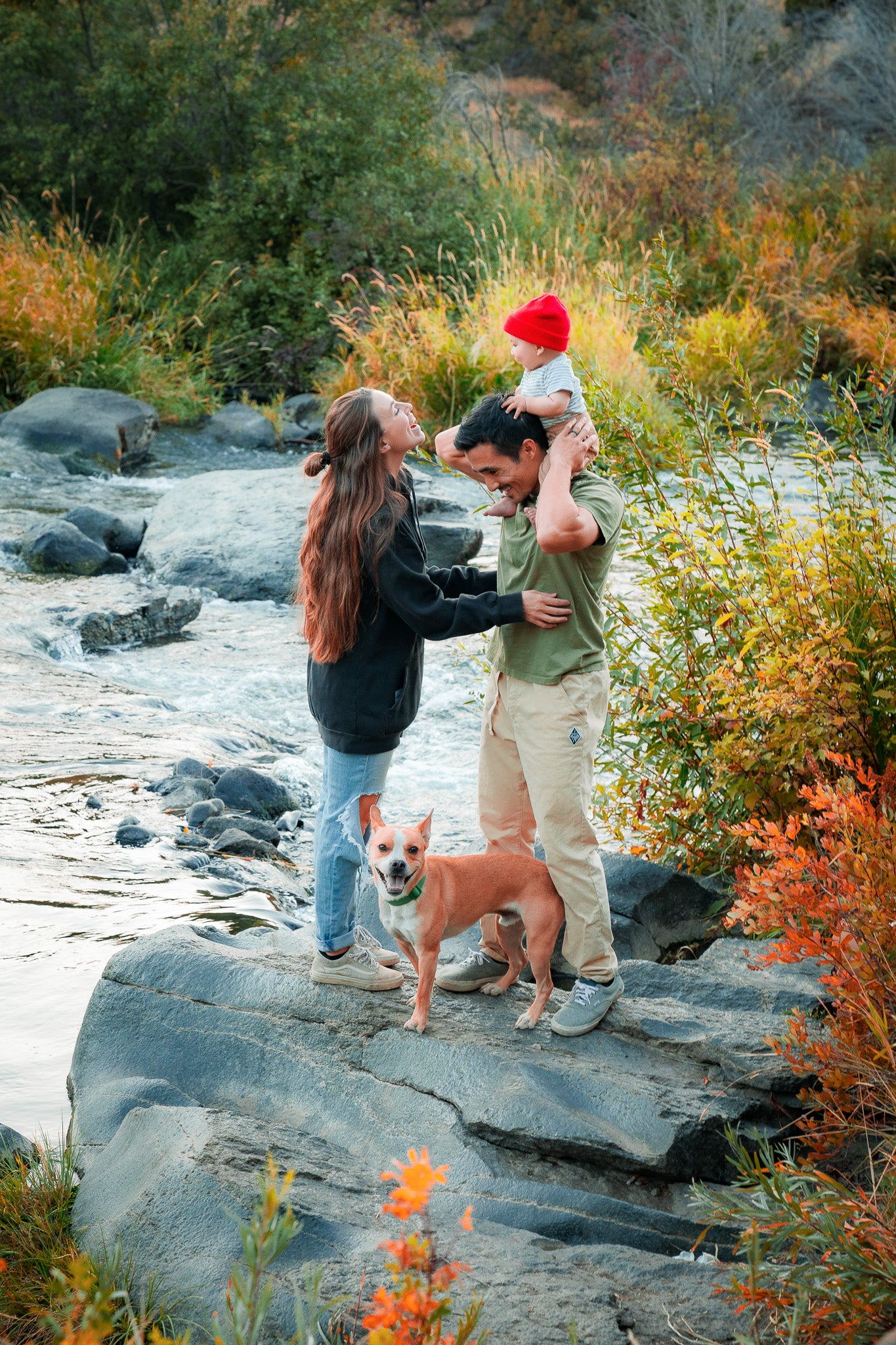Spring & Summer Shred: Level Up Your Snowboarding This Off-Season with Mobility Duo!
The snow is melting, your board is (mostly) stowed, and the mountains are showing off their green. But just because the snowboard season is over doesn't mean your progress has...
